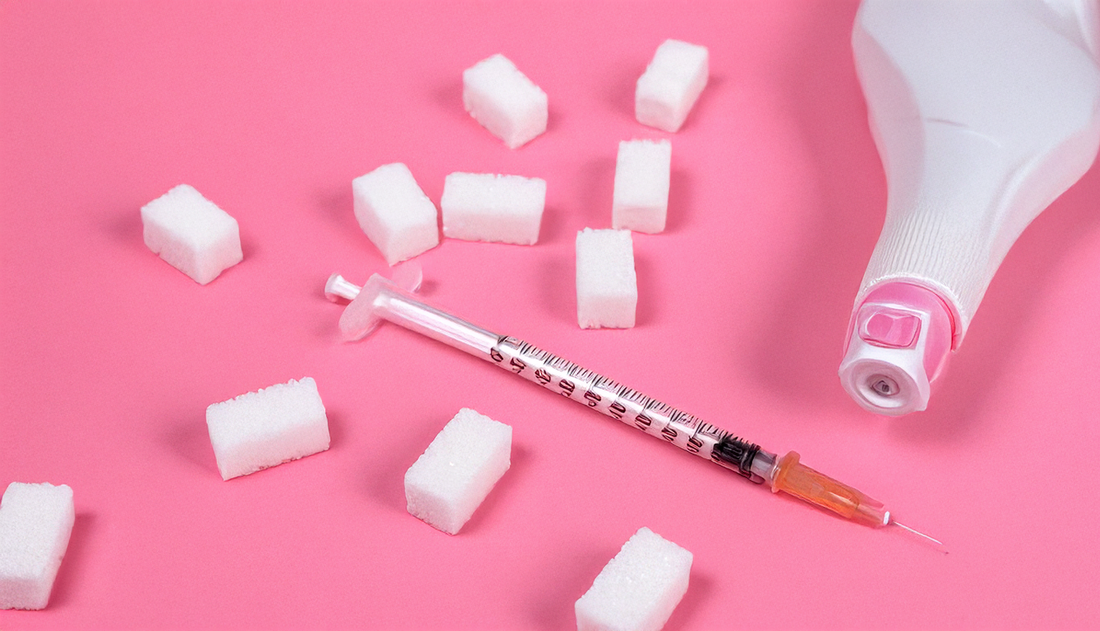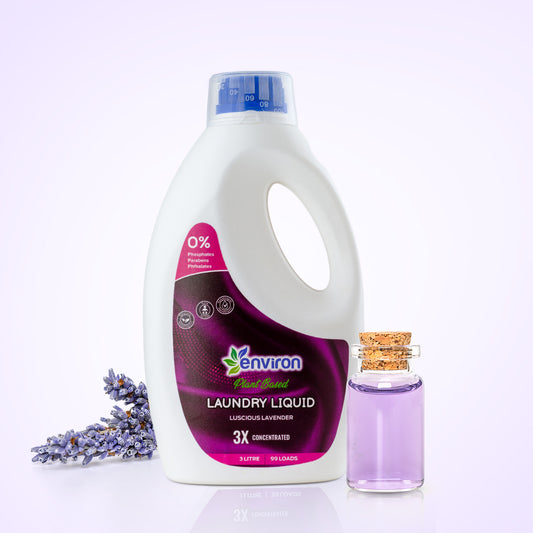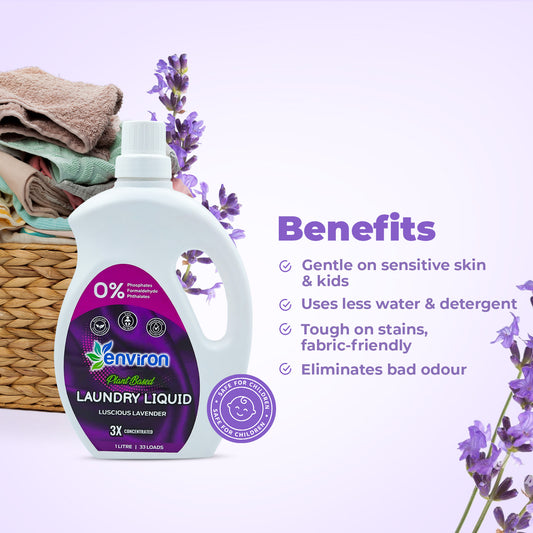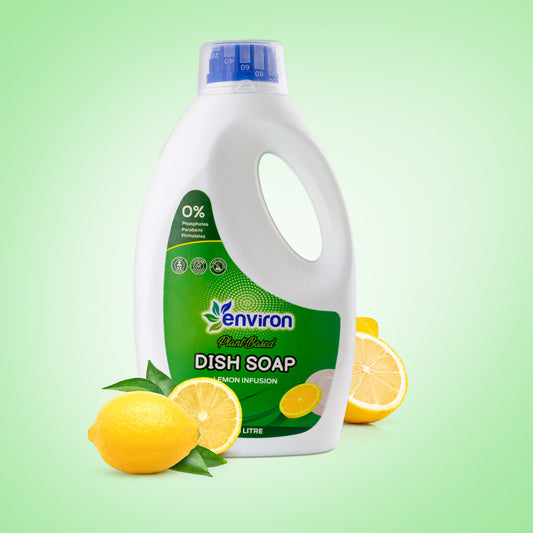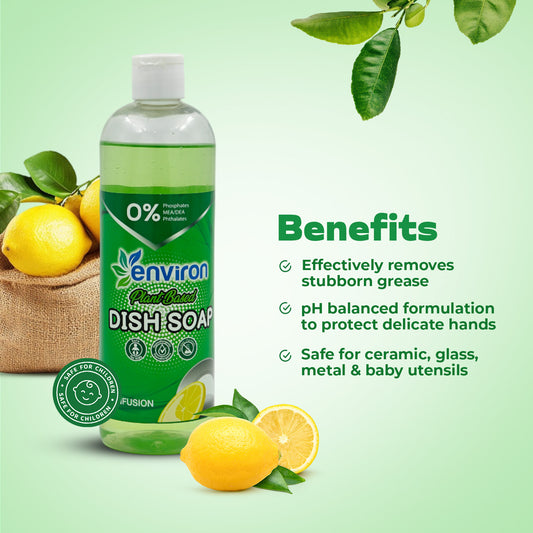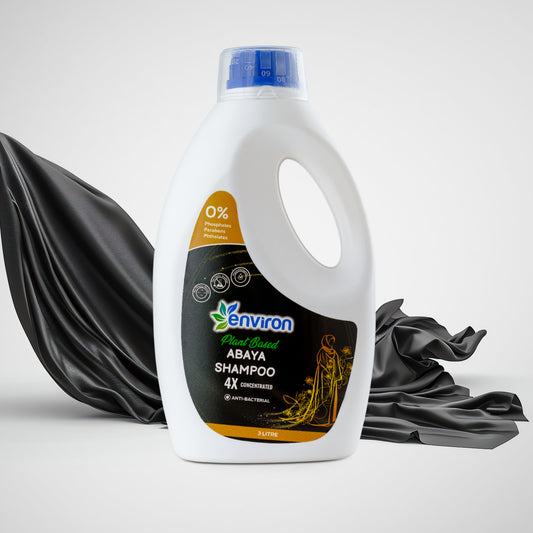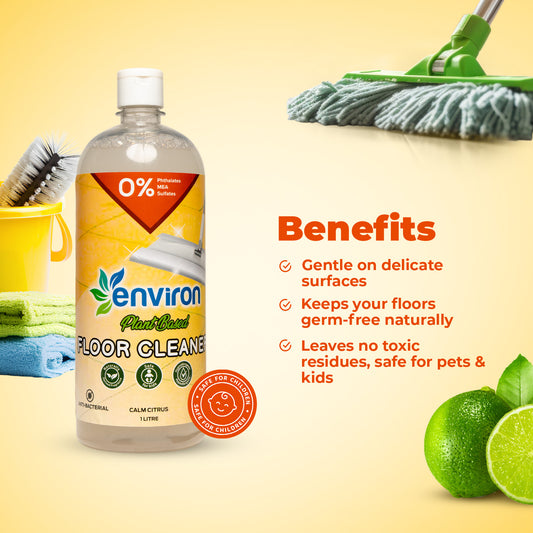Did you know the products you use to clean your home could be affecting your blood sugar? Traditional cleaning chemicals often contain harmful substances that may increase the risk of developing diabetes. Research points to a surprising connection between these chemicals and disruptions in the body’s ability to regulate glucose levels.
The Connection Between Cleaning Chemicals and Diabetes
Many traditional cleaning products contain endocrine-disrupting chemicals (EDCs) such as phthalates, triclosan, and parabens. These substances can interfere with hormonal function, including insulin regulation. Insulin is the hormone responsible for maintaining stable blood sugar levels, and disruptions in its function can lead to insulin resistance—a key factor in the development of type 2 diabetes.
A study published in The Lancet Diabetes & Endocrinology highlighted that frequent exposure to EDCs is associated with higher risks of metabolic disorders, including diabetes. These chemicals enter the body through inhalation, skin contact, or even by contaminating the air in your home.
The Impact on Adults
For adults, prolonged exposure to cleaning chemicals can contribute to metabolic imbalances that make it harder to regulate blood sugar. This can eventually lead to chronic conditions like diabetes, especially when combined with other lifestyle factors such as diet and physical activity.
How to Reduce Your Risk
Here are some simple steps you can take to minimize your exposure to harmful chemicals and support overall health:
-
Switch to Non-Toxic Cleaning Products: Use safer, plant-based alternatives like Environ’s eco-friendly cleaners, which are free from EDCs and other harmful substances.
-
Limit Aerosol Use: Avoid sprays that release fine particles into the air. Instead, use wipes or liquid cleaners that can be applied directly.
-
Opt for Fragrance-Free Products: Synthetic fragrances often contain phthalates. Look for fragrance-free options or those made with natural essential oils.
-
DIY Cleaners: Make your own cleaning solutions using safe ingredients like baking soda, vinegar, and lemon juice.
-
Maintain a Healthy Lifestyle: Regular exercise and a balanced diet rich in whole foods can help improve insulin sensitivity and counteract potential metabolic disruptions caused by environmental factors.
Choose a Safer Path
Protect your health and reduce your risk of diabetes by making conscious choices about the cleaning products you use. Switching to products like Environ’s non-toxic cleaners can help you maintain a clean and safe home without compromising your well-being.
Sources
-
Endocrine-Disrupting Chemicals and Diabetes Risk

